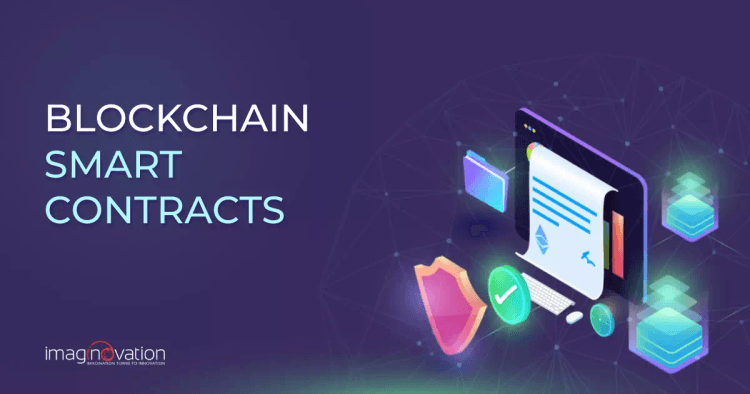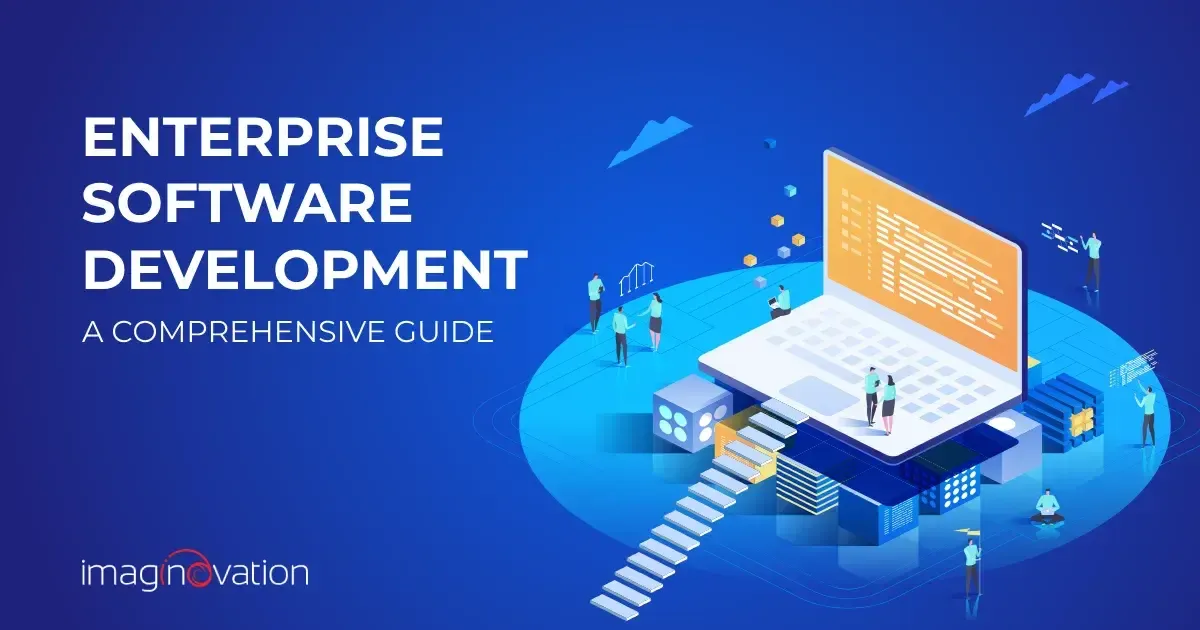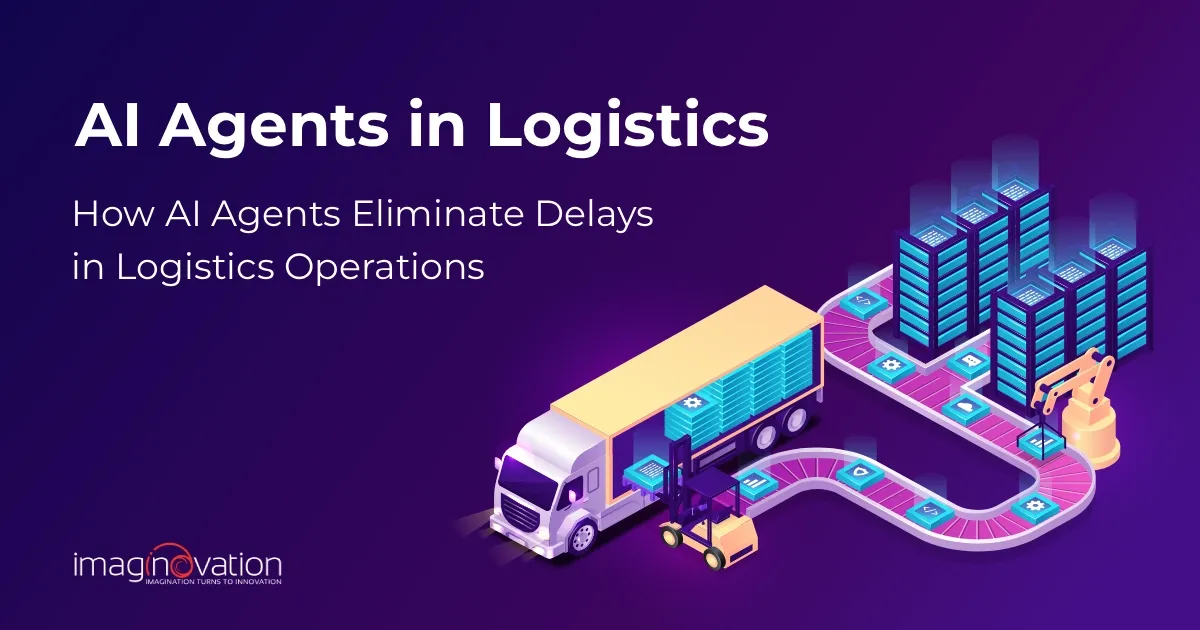To estimate the cost of building a website or an app, use our app cost calculator tool.
Smart contracts are increasingly making blockchain technology more robust. They are transforming our day-to-day lives, making them faster, more secure, scalable, and affordable.
According to Market Research Future, the global Smart Contracts market is expected to reach approximately USD 300 million by the end of 2023 at a 32% CAGR during the forecast period of 2017 to 2023.
Though smart contracts are still nascent, it is an exciting landscape continuously evolving and disrupting traditional financial services in multiple ways.
Are you excited to find out what smart contracts are? How do smart contracts work? Keep reading as we demystify these facets in this blog post.
What is a Smart Contract in Blockchain?
Smart contracts have been around since 1994, when Nick Szabo, a computer scientist, developed them with self-executing digital codes in mind.
Smart contracts in blockchain are digital contracts that are stored on a blockchain. They typically run after meeting certain pre-established conditions.
Moreover, they are used to automate the execution of an agreement. So, all participants can immediately look at the outcome without third-party involvement and without any time loss. Plus, one can also automate workflows, triggering the next action when conditions are met.
Types of Smart Contracts
Let’s look at the types of self-executing smart contracts
Smart Legal Contracts
These contracts are legally enforceable and require the parties to satisfy their contractual obligations. Parties may face strict legal actions if they fail to comply.
Decentralized Autonomous Organizations (DAO)
For a DAO, the backbone is its smart contract. The contract is bound to specific rules that are coded into blockchain contracts blended with governance mechanisms.
It has diverse use cases that range from simple to complex, which depends on the number of stakeholders.
DAOs are open-source and also feature transparency, and, in theory, are incorruptible. Plus, any action taken by the community members gets replaced by a self-enforcing code.
Application Logic Contracts (ALC)
Yet another type of smart contract in Blockchain is Application Logic Contracts (ALCs), which allow devices to function securely and autonomously. Plus, ALCs ensure greater automation, cheaper transactions, and scalability.
These contracts contain an application-based code, which typically remains in sync with other blockchain contracts. It enables communication across different devices, such as the Internet of Things (IoT) merger with blockchain technology.
Smart Contracts Use Cases
Next, let’s look at some common smart contract use cases.
Digital Identity
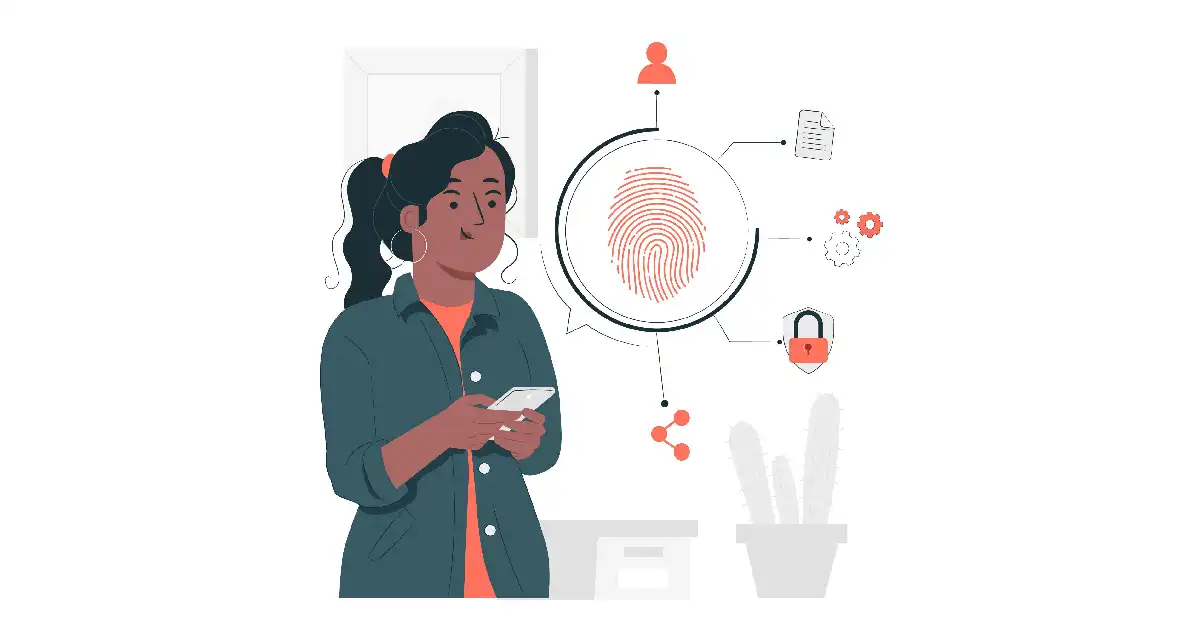
One of the most popular smart contract use cases is Digital Identity. When you consider individual identity, it is one of the most significant assets for an individual.
It contains data, reputation, and digital assets; when used correctly, it can bring new opportunities to the person.
Smart contracts can help other parties to learn more about the individual without knowing their true identity or verifying transactions. The frictionless KYC can help improve resilience, interoperability, compliance, and more.
High Securities
Another use case of smart contracts in blockchain includes securities.
The application of smart contracts has made capitalization table management more simplified. Plus, it means there are no intermediaries between the parties, including security custody chains.
Moreover, it can be used for automatic payments, dividends, liability management, and more.
Loans and Mortgages
Smart contracts have been helping improve financial services, including loans and mortgages. It helps with the error-free process and helps to track payments and release the property when the whole loan is paid off.
Government
Smart contracts can help the government manage operations better.
The operations include land title recording, which may help the government with property transfers. Plus, it will reduce auditing costs and improve transparency.
Smart contracts also help with electronic elections.
Supply Chain Management
Yet another great use case is supply chain management, where the supply chain can be significantly improved. So, it is handy for you to track items within the supply chain with complete visibility and transparency.
It improves other aspects of business and enhances tracing resulting in fewer frauds and thefts.
Clinical Trials
Smart contracts can significantly help in clinical trials that can improve cross-institutional visibility. It can help automate data sharing between institutions and aid privacy-preserving computations.
How do Smart Contracts Work?
Now, let’s get to the part about learning how smart contracts work.
Think for a moment if you want to buy a house. What would it all involve? You’re right! It may involve paying hefty fees to third-party companies, banks, lawyers, and house brokers. Now, that’s a lot of money!
The good part is that you can avoid paying commissions, long delays, and brokers processing the agreement with smart contracts. All it needs is the agreement to be formed on the blockchain using a smart contract, which contains the agreement.
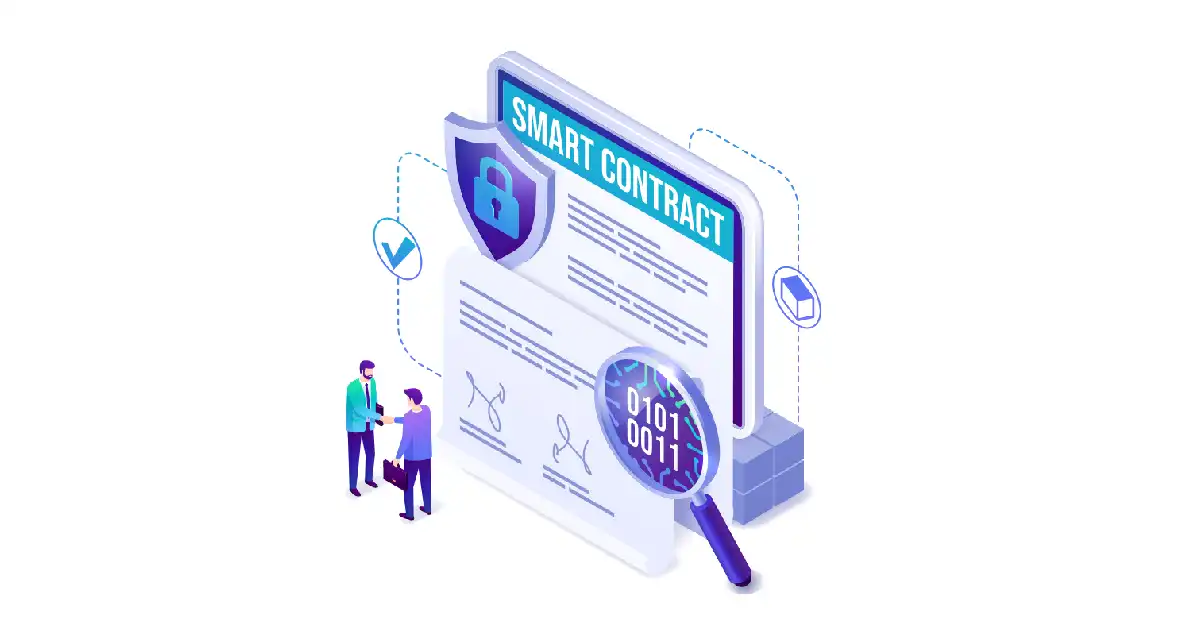
When the smart contract agreement is in place, it cannot be changed. Plus, smart contracts can automatically get executed once the conditions of the agreement are met, which means that there is no need for a third party, like a bank, a broker, or a government.
The scenario is one example where smart contracts can be really handy. So, one can enjoy smart contracts to execute automatically once the conditions of the agreement are met.
Let’s re-look at a smart contract. It’s a special kind of program that encodes business logic. Furthermore, it runs on a special-purpose virtual machine backed into a blockchain (or another type of distributed ledger.)
Here are the steps of how the smart contracts work:
1. Comprehensive Business and Operational Practices
It starts with business teams working with developers to describe their requirements. If the requirements are vague, it can lead to disputes and operational delays. A clear picture of the business and operational practices of involved parties is critical when defining and agreeing on terms to automate contracts to prevent such situations.
2. Curating Logic Parameters
The specifications include desired behavior of the smart contract in response to events or circumstances. Events could be conditions such as payment authorization, utility meter reading threshold, and more.
For example, legal contracts must contain terms on parameters including sources, tolerances, frequency, and time frames of data capture methods, among others. So, developers need such specifications, including location, time, and more, to inform logic parameters around data. It’s pretty simple—readings that aren’t well-defined can’t be automated.
3. Straightforward and Non-conflicted Contract Terms
It’s good to note that the code of a smart contract cannot be made to execute contradictory terms. The excellent part is that smart contracts achieve what they are programmed to execute and aren’t capable of judgment. So, any rules of engagement, such as fee calculations and billing practices, must be able to be encoded from non-conflicted contract terms.
4. Anticipating Data Glitches and Gaps
Next, the developers work on a platform specific to smart contract writing for the development stage and then test it. Plus, it is prudent to have a team do the security review.
Bottom line: Smart contracts can change the way agreements are made across various industries. Yet, it may need more development before it reaches its mainstream approach.
Currently, smart contracts are at a nascent stage, and any existing challenges, especially the legal and regulatory ones, should be solved first. So, developers need to be cautious with understanding requirements to get their development footing right!
Role of Smart Contracts in Blockchain
It is exciting to see how self-executing contracts function effectively with radical changes brought in by disruptive technologies such as IoT, AI, and automation.
Smart contracts are excellent digital protocols that enable us to deal with high-value digital assets to make businesses faster and more flexible.
Here are some insights on the role of smart contracts in blockchain.
- Security and high reliability: The transactions can be performed with high reliability. Plus, as the distributed ledger is highly encrypted, it is impenetrable and offers high security.
- Disintermediation: Smart contracts eliminate the reliance on third-party intermediaries to perform transactions. So, it enables parties to enter into agreements without any dependence on intermediaries.
- Transparency: It creates a cohesive environment because both the logic and information in the contract are visible to all those participating in the blockchain network. Plus, parties involved can check out any edits made by a party to the contract’s content as it is visible to everyone involved in the cycle, improving transparency.
- Lesser errors: As the contracts use software code to automate tasks, they are less prone to manual errors. Moreover, they offer real-time updates with speed and precision.
- Lesser human intervention: The transactions don’t need much human management, which reduces the risks involved in the contract execution cycle.
- Speed and efficiency: Since smart contracts execute immediately when a pre-defined condition is met, they offer speed and efficiency. Furthermore, smart contracts are digital and automated, and there’s no paperwork to process and no time spent reconciling errors that often result from manually filling in documents.
- Savings: We’ve already talked of smart contracts removing the need for intermediaries to handle transactions, reducing their associated time delays and fees.
Here are some industries that benefit from smart contracts in blockchain.
Supply chain
When blockchain supply chain solutions use smart contracts, it can help to streamline the flow of goods by automatically triggering the next steps when conditions are met, including shipping, delivery, and more during handling. Thus, participants can act earlier to eliminate disruptions should an unexpected event occur.
Trade finance
Smart contracts are essential to trade finance, creating an ecosystem of trust for global trade.
Standard rules and straightforward trading options encoded in smart contracts decrease risk and help participants find new opportunities.
Dispute resolution
Think about it! Discrepancies in financial settlements can take weeks or months to resolve, and naturally, it costs.
Here, smart contracts can help because they are codified on agreed business rules; one can automate processes such as identifying discrepancies, reconciling documents, settling transactions, and resolving disputes.
Art
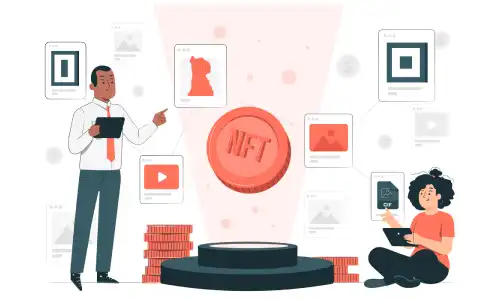
For many, the creation of an NFT marketplace is an excellent opportunity to demonstrate individual geniuses and creative artifacts and exhibit those products to inspire proper digital asset management.
The process of NFT marketplace creation has a critical facet of NFT smart contract development.
Non-fungible token marketplaces have many exclusive features and involve different development aspects, including NFT smart contract development.
Property ownership
Smart contracts can facilitate the property market. So, they can be used to record property ownership. Since smart contracts are quicker and more cost-efficient, this makes them a much better substitute for existing systems.
It also means that they can be used to record the ownership of all types of property.
Medical research
The medical research industry also benefits, just like the healthcare industry. First of all, highly sensitive data, such as patient records, can be transferred between departments or research centers after being securely encrypted via blockchain technology.
Many patients participating in medical research have sensitive medical conditions, and quite often, they wish to remain private. So, keeping these records secure is essential. Here, one can secure such information and transactions through the use of smart contracts.
Smart Agriculture
Smart agriculture is featured by the Internet of Things (IoT), the utilization of ICT, and various modern data collection.
When establishing smart agriculture, one issue is developing a comprehensive security system that facilitates the use and management of data.
Blockchain technology serves to store data and information that various entities and stakeholders generate throughout the entire value-added process, from seed to sale, of producing an agricultural product.
Wrapping Up
Smart contracts in blockchain have the potential to change the way you are doing your business radically. Industries from real estate and finance to the supply chain can benefit significantly from smart contracts.
All you need to do is have a practical approach to utilizing smart contracts and benefit from faster, more efficient, and more secure transactions.
Smart contracts are powerful, and it is time for app entrepreneurs to enjoy the technological advantages of smart contracts. So, get ready and watch your business grow exponentially!
Develop Smart Contracts On Blockchain with Imaginovation
Smart contracts in blockchain apps can be showstoppers because they enjoy revolutionary benefits and have the potential to change society.
**Talk to us**If you are looking at developing powerful apps centered around blockchain.
We’ve developed compelling and futuristic apps with niche technologies for many businesses. We can walk you through critical tools and insights that can help your business.
Let's Talk.





